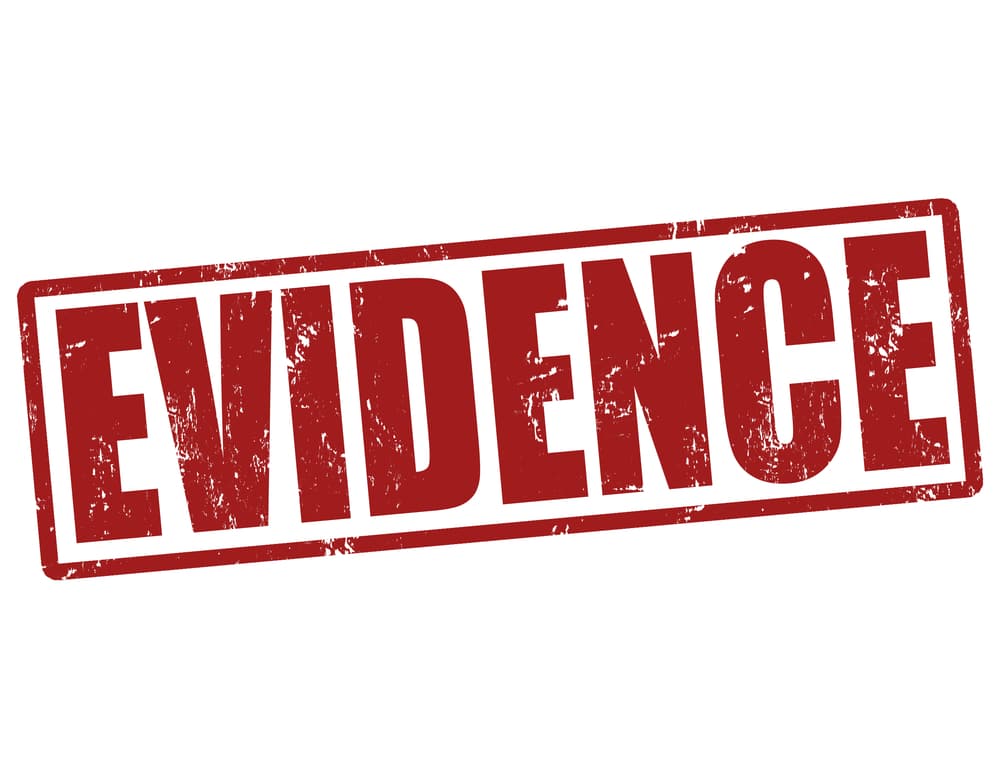
22 May Florida Divorce Evidence: How to Prepare in 2025
Why Evidence Matters in a Florida Divorce
Divorce in Florida is governed by Chapter 61 of the Florida Statutes. Whether your case involves contested custody, alimony, or asset distribution, the outcome often depends on the strength of your evidence. For instance, per Section 61.13, courts must consider the best interests of the child in custody decisions. This requires presenting clear, objective proof of parental behavior, stability, and involvement.
What Counts as Strong Divorce Evidence?
Strong divorce evidence is:
-
- Relevant — Related directly to the issues at hand (e.g., parenting, finances, abuse).
- Objective — Free of bias and supported by documentation or witness testimony.
- Admissible — Compliant with Florida’s Evidence Code (Ch. 90), including hearsay and authentication rules.
- Chronologically documented — Demonstrates patterns rather than isolated incidents.
Step-by-Step Florida Divorce Evidence Preparation
Follow these essential steps to prepare your divorce evidence in a way that supports your legal goals:
Step 1: Keep a Detailed Log or Journal
Start by maintaining a daily record of your spouse’s conduct, especially if it involves parenting time, substance abuse, or financial irresponsibility. Include dates, times, and details. For example, a log showing missed pick-ups or erratic behavior can support a request for limited timesharing.
Step 2: Gather Documentary Evidence
Documents often speak louder than testimony. These may include:
- Bank and credit card statements
- Phone logs and emails
- Medical or school records for children
- Photos of unsafe or unsanitary living conditions
Importantly, use a camera or app that includes date stamps for all photographs. This enhances authenticity, which is essential under the Florida Evidence Code § 90.901.
Step 3: Preserve Digital Communication
Text messages, social media posts, and emails can be powerful if properly preserved. Avoid deleting anything. Instead, take screenshots or download conversations and store them in an organized digital file. Make sure you consult your attorney before submitting digital evidence to ensure it won’t be challenged as inadmissible or invasive.
Step 4: Secure Witness Statements
While hearsay is generally inadmissible (Fla. Stat. § 90.802), exceptions exist for statements made under specific circumstances. Independent witnesses can also testify to firsthand observations about a spouse’s parenting, intoxication, or threats. Therefore, it’s wise to have neutral parties corroborate your claims.
Step 5: Organize for Court Presentation
Once collected, evidence should be clearly labeled, dated, and grouped by topic. Use color-coded folders or digital tools to organize items into categories such as parenting, finances, and conduct. Additionally, prepare a brief summary for each section to guide your attorney or the court through your narrative.
Common Mistakes in Florida Divorce Evidence Preparation
Even well-intentioned spouses can damage their case with careless errors. To avoid pitfalls:
- Never record private conversations without consent — doing so may violate Florida’s wiretap law.
- Don’t alter documents or “stage” photos — this can render your entire evidence package inadmissible.
- Avoid excessive or irrelevant documentation — too much “noise” can obscure your strongest points.
Instead, keep your evidence focused, truthful, and professional at all times.
Why Legal Guidance is Crucial
Evidence that seems persuasive to a layperson may not hold up in court. That’s why working with a knowledgeable Miami divorce lawyer is key. Your attorney can help you comply with procedural rules, including Rule 12.285 of the Florida Family Law Rules of Procedure, which governs mandatory disclosure and financial affidavits.
Conclusion: Build a Strong Case Through Thoughtful Preparation
Ultimately, your ability to prepare and present quality evidence can make or break your divorce case. With the support of a skilled Florida family law attorney, your Florida divorce evidence preparation can become the foundation for successful negotiations or litigation. Begin today by gathering documents, consulting with legal counsel, and developing a strategy that protects your interests and your family’s future.

